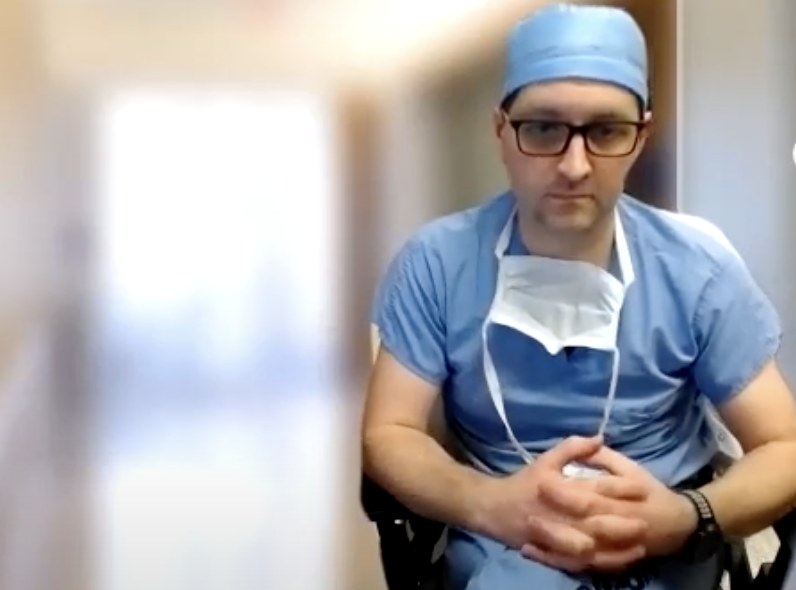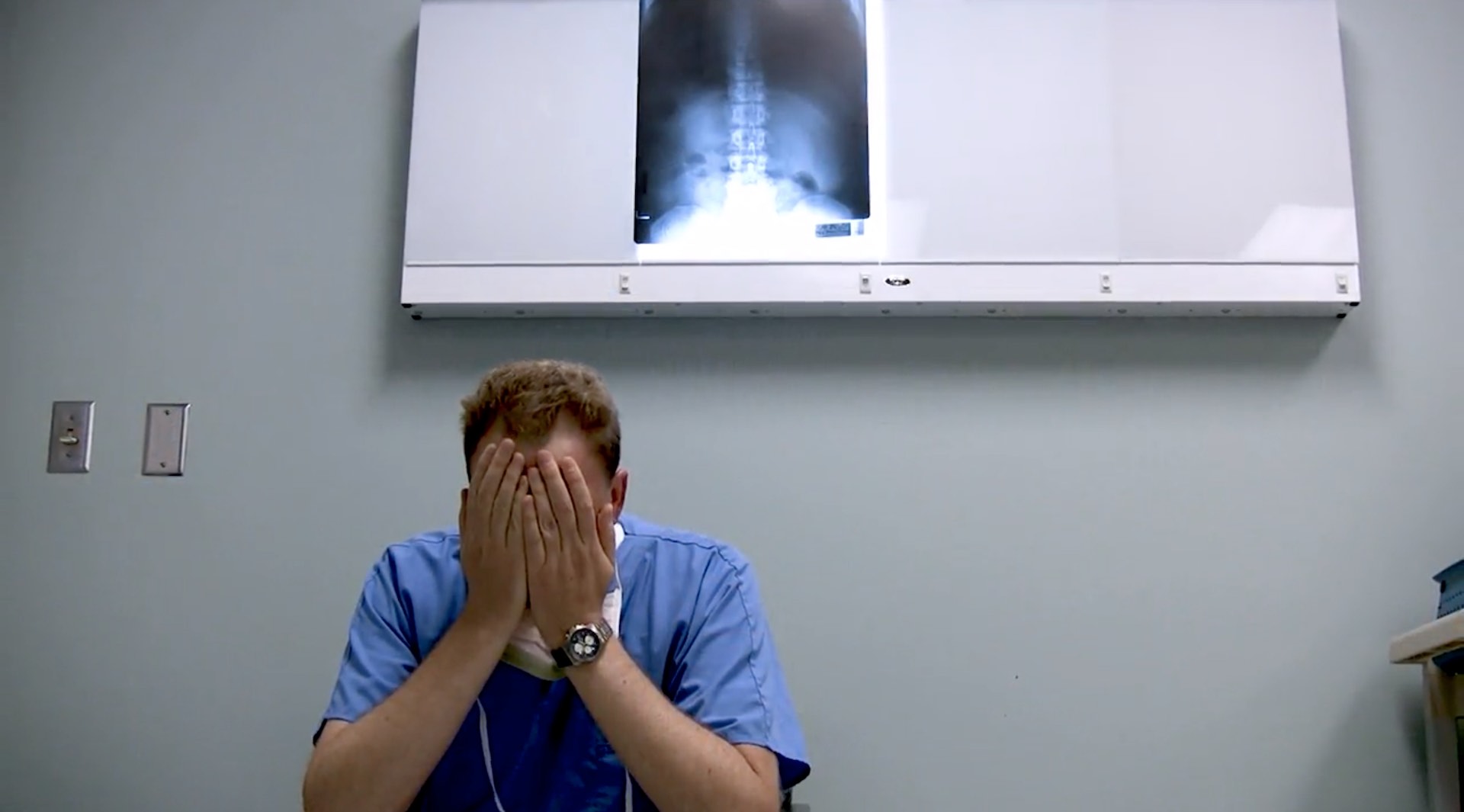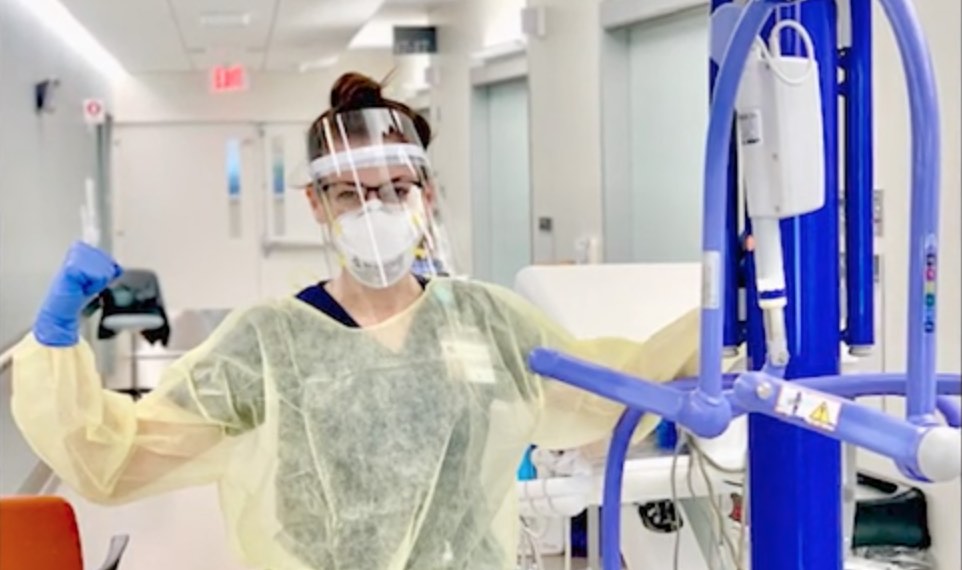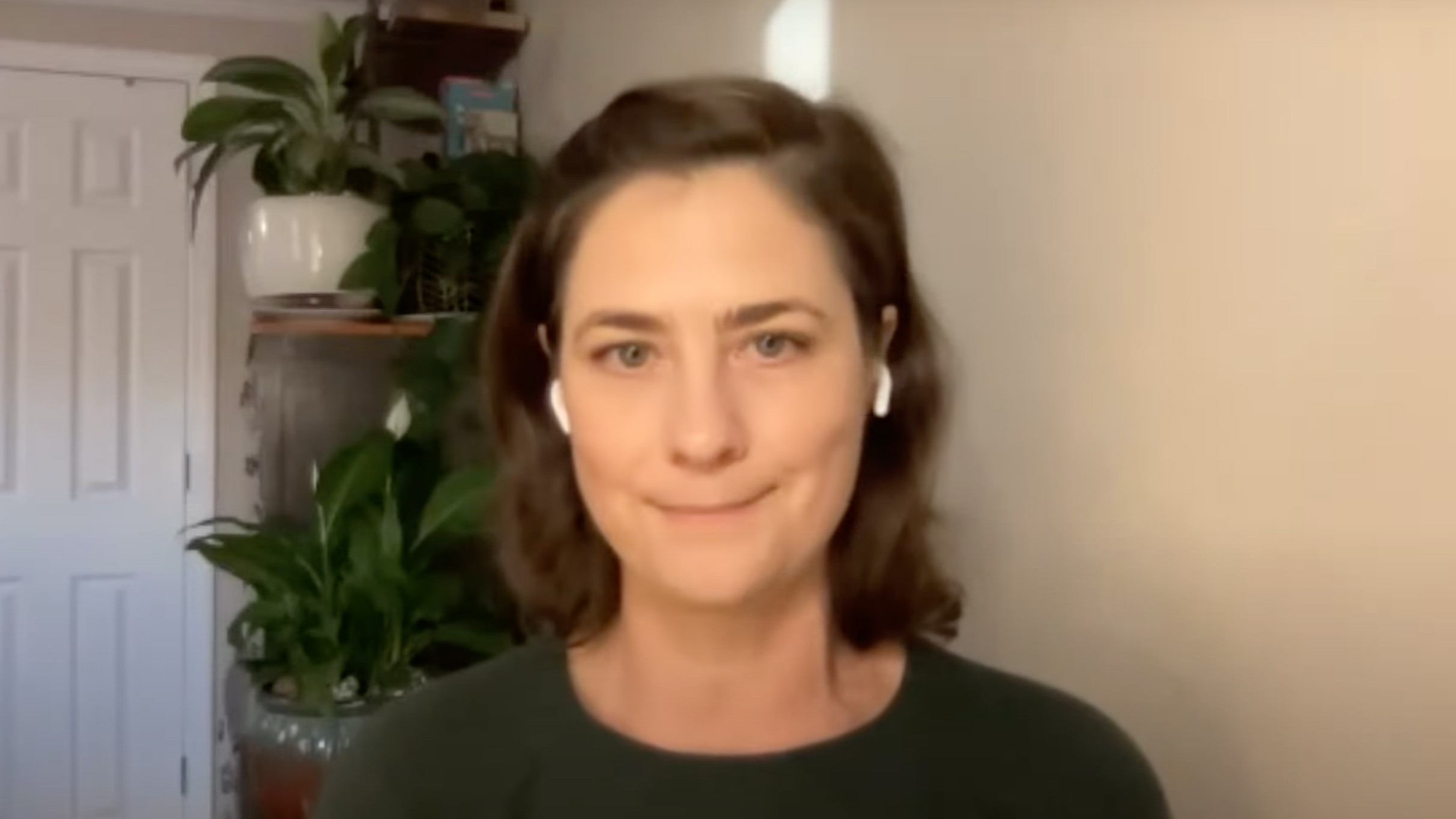Neurally adjusted ventilatory assist reduces patient-ventilator asynchrony
Reuters Health • The Doctor's Channel Daily Newscast
June 18, 2012 • Critical Care, Hospitalist, Pulmonary Medicine, Reuters Health • The Doctor's Channel Newscast
NEW YORK (Reuters Health) – Neurally adjusted ventilatory assist (NAVA) reduces patient-ventilator asynchrony without compromising gas exchange in patients with acute respiratory failure undergoing noninvasive ventilation (NIV), researchers from France report in the May 31st online issue of Chest.
Severe asynchronies occur in up to 43% of patients undergoing NIV (usually pressure support ventilation (PSV)) for acute respiratory failure. NAVA has been shown previously to reduce patient-ventilator asynchrony during invasive mechanical ventilation, but few data are available in patients receiving NIV.
NAVA delivers a pressure related to the electrical activity of the diaphragm, pressuring on when the neural drive to the diaphragm begins to increase and cycling off when the neural drive to the diaphragm ends.
Dr. Pierre-Marie Bertrand from University Hospital of Clermont-Ferrand, Clermont-Ferrand, France and colleagues compared the short-term effects of NAVA and PSV in delivering NIV with a facemask on patient-ventilator synchronization in a crossover study of 13 patients with acute respiratory failure.
There were no clinical problems during any procedure, and none of the trials of PSV and NAVA was stopped prematurely.
The asynchrony index averaged 60% lower during NAVA than during PSV, and the percentage of patients with severe asynchrony (asynchrony index above 10%) was significantly lower during NAVA (8%) than during PSV (48%)(p=0.027).
PaO2/FiO2 was significantly higher during PSV and NAVA, compared with baseline, and there were no significant differences between the 2 NIV approaches in this or other measures of arterial blood gases or hemodynamics during treatment.
Patients reported no significant differences in the intensity of respiratory discomfort during PSV and NAVA.
This physiological study was not designed to document patient outcomes, and no patient with known COPD participated in the small trial, the researchers note.
“Further studies are needed to determine whether the use of NAVA during NIV can improve patient outcome,” the investigators conclude.
They also note that further trials are needed to clarify the utility of NAVA in specific clinical settings.
SOURCE:
Neurally adjusted ventilator assist versus pressure support ventilation for noninvasive ventilation during acute respiratory failure: a cross-over physiological study
Chest 31 May 2012.









